Retail has changed a lot over the years, and many high-end audio lines are now represented by dealers working out of their homes. Does this work for you?
Recording of September 2004: Mozart: Requiem
Recording of September 2004: Mozart: Requiem

- Read more about Recording of September 2004: Mozart: Requiem
- Log in or register to post comments
House Calls & Home Auditions
House Calls & Home Auditions
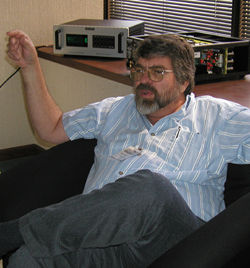
- Read more about House Calls & Home Auditions
- Log in or register to post comments
Simaudio Moon Equinox CD player Measurements
Simaudio Moon Equinox CD player Measurements
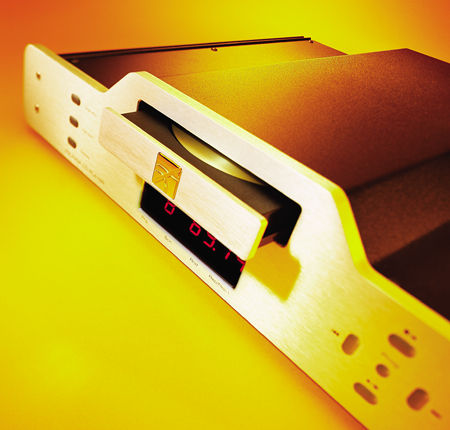
- Read more about Simaudio Moon Equinox CD player Measurements
- Log in or register to post comments
Simaudio Moon Equinox CD player Associated Equipment
Simaudio Moon Equinox CD player Associated Equipment
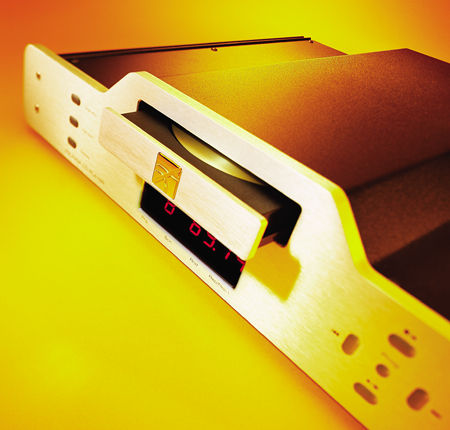
- Read more about Simaudio Moon Equinox CD player Associated Equipment
- Log in or register to post comments
Simaudio Moon Equinox CD player Specifications
Simaudio Moon Equinox CD player Specifications
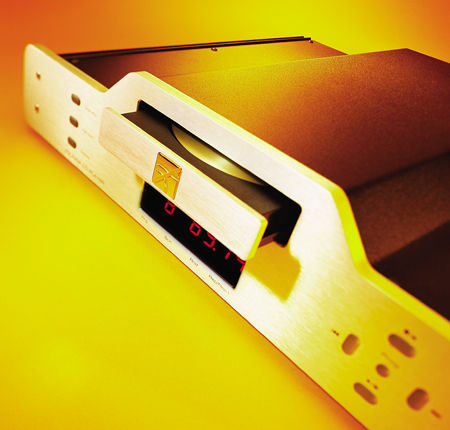
- Read more about Simaudio Moon Equinox CD player Specifications
- Log in or register to post comments
Simaudio Moon Equinox CD player Page 2
Simaudio Moon Equinox CD player Page 2
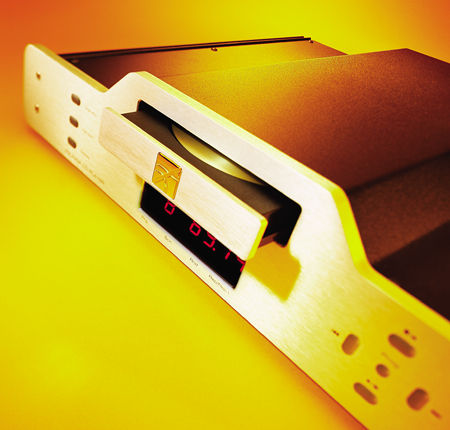
- Read more about Simaudio Moon Equinox CD player Page 2
- Log in or register to post comments
Simaudio Moon Equinox CD player
Simaudio Moon Equinox CD player
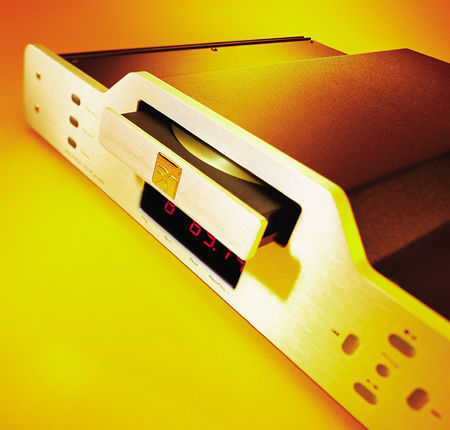
- Read more about Simaudio Moon Equinox CD player
- Log in or register to post comments


